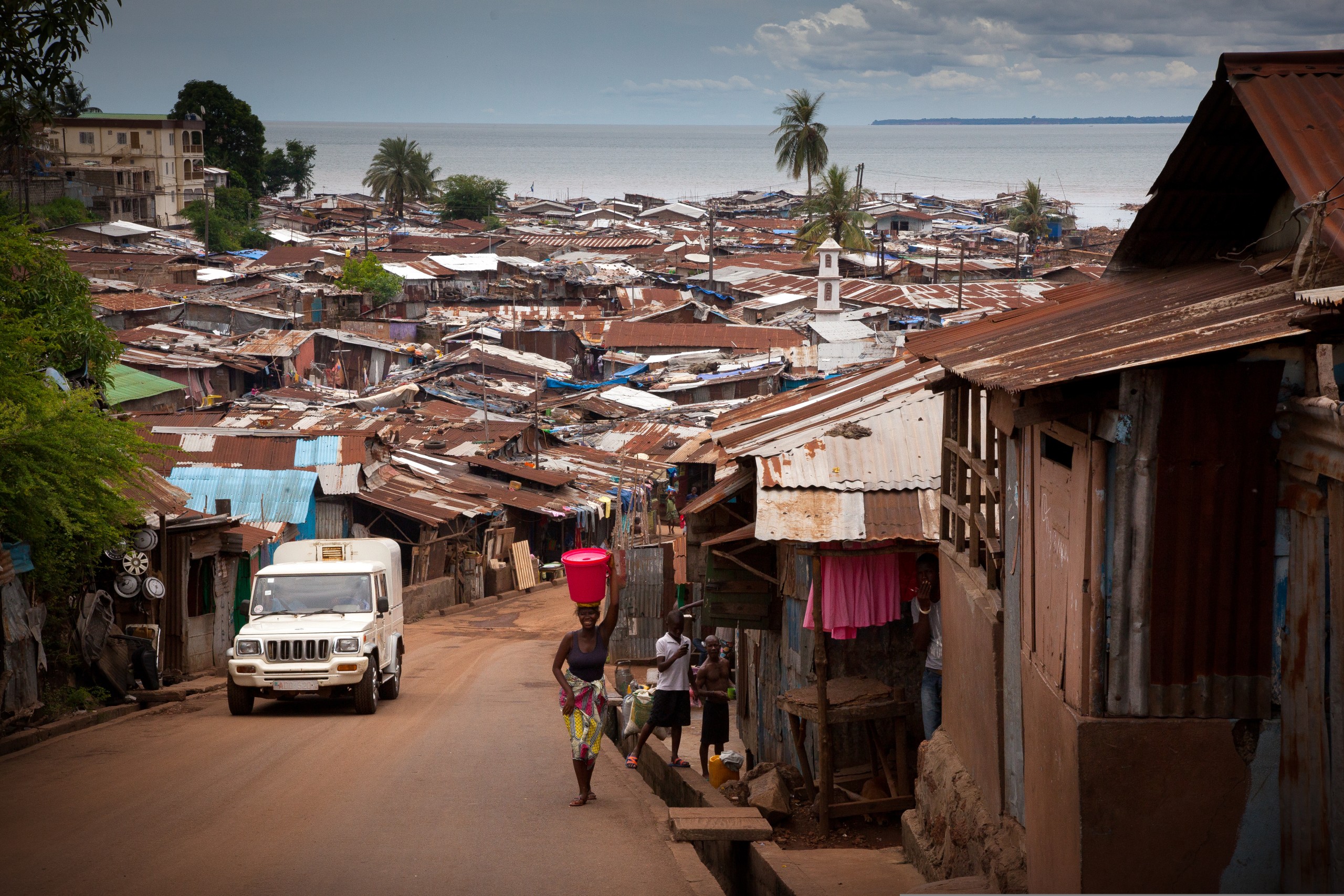
Bishop Koroma, born into a Muslim family in 1971 in Kamabai, close to Makeni, attributes his Christian faith and vocation to the influence of missionaries. “I am a product of missionaries,” he stated in a heartfelt video for The Pontifical Mission Societies Spain. “I come from a Muslim home, and it was through schooling that I ultimately became a Catholic. Later, I went to the seminary and became a priest. Thanks be to God for this.”
His education and formation were supported by the Society of St. Peter the Apostle, which helped him pursue further theological studies in Rome, achieving a Licentiate in Sacred Scripture and a Doctorate in Biblical Theology. “I want to give thanks from the bottom of my heart for what European missionaries have done for our land,” he said, emphasizing the dual role of faith and social uplifting in the missionaries’ work.
Bishop Koroma’s leadership in Makeni, a diocese that extends across the northern half of Sierra Leone, is particularly significant given the area’s predominantly Muslim population and its relatively recent exposure to Christianity. The area saw its first substantial missionary activity in the mid-20th century, leading to the establishment of an apostolic prefecture in 1950, and becoming the first diocese in the country in 1962.
Under Bishop Koroma’s guidance, the Diocese of Makeni is not only growing in numbers but also in local leadership, moving from traditional missionary-led initiatives to fostering local vocations and lay participation in church activities. Fostering local vocations by supporting regional seminaries and formation homes is at the core of the Society of St. Peter the Apostle’s mission.
“Never lose heart,” the bishop said, addressing former missionaries and missionary orders that have served in Africa. “Know that you have had a great impact on the evangelization in this part of the world, helping us grow in matters of faith but also by promoting the dignity and well-being of our people.”
The bishop’s work and his diocese’s evolution reflect a broader trend in Sierra Leone’s Catholic Church, moving towards greater local involvement and leadership. This shift is crucial in a country where interreligious coexistence is the norm, and the church plays a key role in societal healing and development.
Bishop Koroma’s story is a compelling reminder of the lasting influence of missionary work and the power of faith to transcend cultural and religious boundaries, fostering a community dedicated to spiritual growth and social justice.


